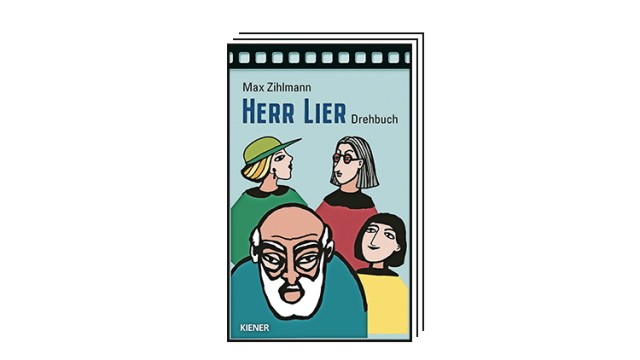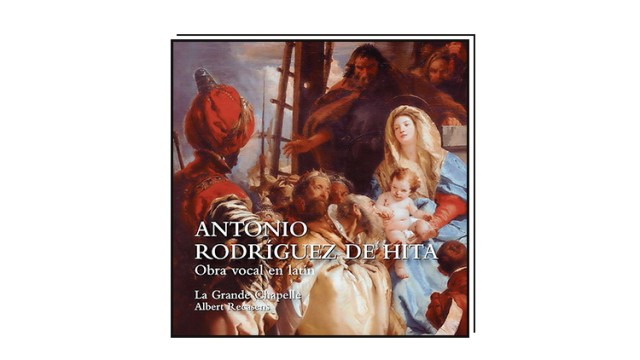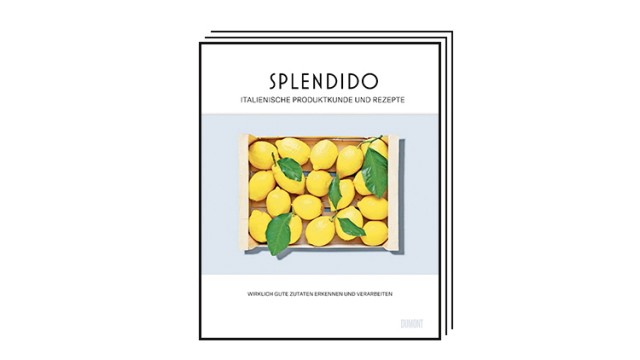Pop: “Hotel Rimini” on tour
This terrible event is part of the major biographical event “loss of youth”. Been There Done That– Clarity with which you eventually start going to concerts of new bands. It’s even nicer when someone really turns your head like this Hotel Rimini – owner-managed by six musicians with experience in theater, indie and classical music, whose compositions are aimed at young people Element of Crime remember, on their tour bus from next week but now and then too Faber should run. Julius Forster undoubtedly has a voice with the appropriate degree of grain, and he delivers lines that are like little gifts, including bon mots, kitchen philosophy, and brain teasers. Is there more to say about personal memories than “I, on the other hand, can’t come to a conclusion / When I have to think about the past”? Does anyone feel? not addressed in the passage “Jubilation, hustle and bustle, vanity, everyone has their own planet / Long live sensitivity and authenticity”? And if so, does it stay like this: “I used to have idols / Now I make guacamole”?
But the transience of existence is of course not evident at every corner of the text, as melancholy knows more colors than is sometimes assumed. This album, “Alone under Furniture,” is lively, for example in the two little hits “Gefallen” and “Arbeit und Structure,” whose titles are conveniently taken from the references The highest railway and Wolfgang Herrndorf don’t even keep it a secret. But what structure exactly is desired? “Restrict my freedom / I don’t want to be myself anymore / I would love to be controlled by others / A child that you take to school”. This is another kind of escape in thought that you can think about for a while, while the strings gently carry you on into the “Undergrowth d’Amour”, in which Hotel Rimini are particularly active. Is that supposed to be sentimental? No, that’s definitely resistance: “Time is killing me, but I’m fighting back.” Cornelius Pollmer
Newsletter: “Unmapped Storylands” by Elif Shafak
Elif Shafak is one of the most widely read Turkish authors.
(Photo: Mychele Daniau/AFP)
They’re little snippets that land in your inbox every few days. “Unmapped Storylands” is the name of the newsletter in which the Turkish-British author Elif Shafak sends out anecdotes, literary finds and recommendations. All based on her notebook. Shafak’s novels, such as “The Bastard of Istanbul”, “The Smell of Paradise” and “Unheard Voices”, tell of society’s outsiders in a fairytale-like, playful tone. Her newsletter, written in English, is current and far-reaching: sometimes she writes about the age at which writers started writing, then she explains why Voltaire’s “Candide or Optimism” fits into our fast-moving times, or she reminds us of the Persian poet Forough Farrokhzad. Surprising, personal and loving. Carolin Gasteiger
Film: “Mr. Lier” by Max Zihlmann

Max Zihlmann was the most important author in young German cinema in the 1960s.
(Photo: Kiener Verlag)
Mr. Lier is a classic educated citizen and – we are in Munich – a know-it-all grantler. At 78, he sold his publishing house and transferred his assets to his daughters on the condition that he was allowed to stay with them. A homeless man, well off. Only the youngest doesn’t play along: “You know what, Dad? Keep your stupid money!” Max Zihlmann, the most important author in young German cinema in the 1960s, for Rudolf Thome and Klaus Lemke, honed the harsh pathos of Shakespeare’s Lear and the tragedy of the stubborn one in the screenplay “Herr Lier” (not filmed, now published by Kiener Verlag). , a man drifting into madness is transformed into a chic soap opera. The youthful spirit of contradiction that fascinated us in “Red Sun” and “48 Hours to Acapulco” still flashes through again and again. Fritz Goettler
Classical: Antonio Rodríguez de Hita, “Obra vocal en latín”

The Spanish composer Antonio Rodriguez de Hita (1722-1787) shows another side of his skills in these sacred compositions.
(Photo: Lauda Musica)
Structurally, his music is still indebted to the Baroque, the continuous basso, the contrapuntal progressions and the strict harmony. The sound image would be considered close to Viennese classical music. The Spanish composer Antonio Rodriguez de Hita (1722-1787) shows another side of his ability in these spiritual compositions, which he pursues just as virtuoso – he actually became known and popular with his musical-theatrical zarzuelas, which he wrote together with the librettist Ramón de la Cruz, developed away from Calderón’s heroic-mythical theater towards burlesque comedy.
However, they lost the battle against the oncoming Italian opera; at least de Hita no longer had to experience Rossini’s triumph. As far as de Hita’s work is concerned, the parallel to Wolfgang Amadé Mozart (1756-1791) is of course striking, who, after starting out with Opera Seria, celebrated his great successes with the new type of Opera Buffa. And Mozart’s sacred compositions are not inferior in quality to his secular work. Antonio Rodriguez de Hita’s church music of the 1770s is not that far removed from Mozart in terms of sound, even if it becomes clear again and again how much Spain is characterized by its very own cultural and musical development. Just as courtly ceremonies were much more strict than elsewhere, church music also seems to have been subject to stricter restrictions. This may be a point of conflict for the enlightener de Hito, but apparently not for the musician, on the contrary. Like all talented musicians, he seems to see every limitation not only as a welcome basis for a generally understandable musical language, but also as a challenge to develop maximum creativity within narrow limits.
In the end, works of great splendor and individual diversity emerge that have a far more intense effect than supposedly freely designed art, which ultimately has to be based on a much smaller common denominator. The fact that de Hita is virtually unknown in this country is not due to the quality of his music. It’s definitely worth a little journey of discovery (Antonio Rodríguez de Hita, “Obra vocal en latín”, published by Lauda). Helmut Mauro
Cooking: Product knowledge from “Splendido Magazine”

For less than 40 euros there is little to be done with olive oil at the highest level.
(Photo: Dumont Verlag)
How much olive oil has to cost so that it can be produced in the quality desired in gentrified urban districts? Glad you asked! Let’s put it this way: it costs the Italian farmer 15 to 30 euros per liter. In the best case. In worse cases sometimes 35 euros. There is little that can be done at the highest level in Germany for less than 40 euros. That would be the bad (i.e. the realistic) news that the current book of Splendido Magazine has ready. In addition, “Italian Product Knowledge and Recipes”, which the journalist Mercedes Lauenstein and the photographer Juri Gottschall recently published, is, like its predecessors in the cookbook series, nothing but magnificent – in terms of content, appearance, tone and love for the subject. Focus this time: product knowledge. The beginning of everything. In the best case. Jacob Biazza

